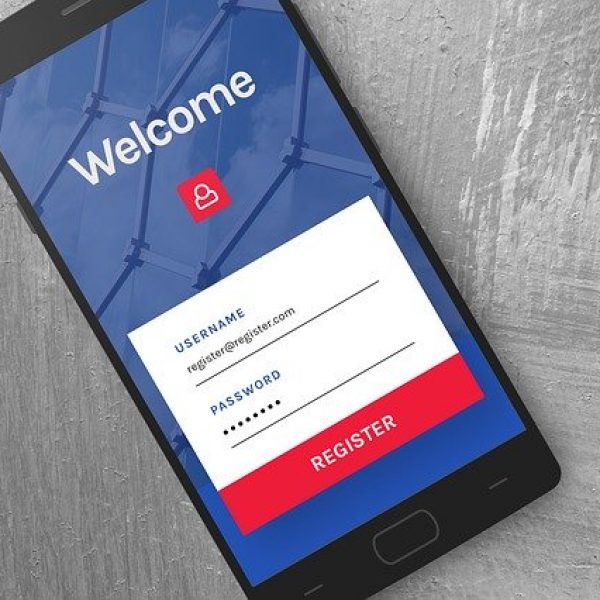Across finance, HR, IT, procurement, and operations, the role of professionals has expanded well beyond support functions. They’re being called on to become trusted business partners, helping to guide decisions, align resources, and influence the direction of the business.
But here’s the challenge: in Business Partnering, most business partners don’t have direct authority over the leaders they’re supporting. Instead, they must rely on influence, trust, and collaboration to build strong relationships that move the business forward.
This guide explores how you can strengthen your business partner relationships through practical strategies that focus on clear communication, building trust, and alignment.
Why Business Partnering Matters More Than Ever
The demands on modern organisations are growing: rapid change, tighter budgets, and increased pressure to innovate. We often hear: “we’re asked to do more with less”; this is problematic for teams, who often take on more responsibilities, without letting go of low value tasks. To overcome this problem, this means moving beyond technical expertise and becoming true connectors between teams, stakeholders, and strategy.
Strong business partner relationships enable you to:
- Influence senior stakeholders with confidence.
- Align resources and decisions with organisational goals.
- Drive better outcomes for both teams and the business as a whole.
Without these skills, even the most talented professionals risk being sidelined as “support” rather than recognised as strategic partners.
The Foundations of Effective Business Partner Relationships
1. Communicate With Clarity and Confidence
Communication is the backbone of every successful partnership. Business partners must translate complex information into clear, actionable insights that speak directly to senior leaders.
Practical tips:
- Tailor your message to your audience: executives want outcomes, not data dumps.
- Listen first, speak second: understand what keeps your stakeholders up at night.
- Be concise and structured: frame your input around problems, solutions, and impact.
By sharpening your communication style, you establish credibility and ensure your insights carry weight in critical discussions.
2. Build Trust Through Reliability and Transparency
Trust isn’t built overnight, it’s earned through consistent actions, integrity, and openness. Without trust, even the best strategies or ideas will fail to gain traction. There is an old Dutch proverb that speaks to the importance of building strong relationships through consistency and openness: “Trust arrives on foot, but leaves on horseback”.
Ways to build trust:
- Follow through: deliver on your commitments, every time.
- Acknowledge limitations: honesty about what you don’t know builds credibility.
- Show integrity: put organisational and team goals above personal wins.
When stakeholders trust you, they see you as a reliable advisor rather than just a task executor.
3. Align With Strategic Priorities
Effective Business Partnering means more than just executing tasks, they connect the dots between their role and the bigger picture. Alignment means understanding both the strategic direction of the business and the personal priorities and challenges of key stakeholders.
Steps to drive alignment:
Map stakeholder goals against organisational objectives.
- Ask strategic questions like, “How does this initiative contribute to long-term growth?”
- Reframe your contributions to show the broader value they deliver.
Alignment ensures that your efforts are not just reactive but proactive, positioning you as a forward-thinking partner.
Common Challenges in Business Partnering and How to Overcome Them
Even skilled professionals face roadblocks when navigating business partner relationships. Here are three common challenges and practical solutions:
Lack of Authority
- The challenge: You’re influencing decisions without direct control.
- The solution: Strengthen your influence by building a connection of like-minded colleagues, gathering evidence, and presenting a clear business case.
Conflicting Priorities
- The challenge: Stakeholders often have competing goals.
- The solution: Facilitate alignment conversations and act as the bridge that balances different perspectives.
Resistance to Change
- The challenge: Teams or leaders may be reluctant to adopt new approaches.
- The solution: Use empathy to understand resistance, communicate the “why,” and highlight quick wins that build momentum.
Practical Habits of Successful Business Partners
High-impact business partners consistently demonstrate behaviors that set them apart:
- Curiosity: They ask insightful questions to uncover deeper business drivers.
- Adaptability: They adjust their style based on stakeholder preferences.
- Proactivity: They anticipate challenges instead of reacting to them.
- Relationship focus: They know influence is built on trust, not hierarchy.
- Outcome orientation: They shift conversations from processes to measurable results.
Adopting these habits helps transform your role from a service provider to a trusted advisor.
How to Get Started on Your Business Partnering Journey
If you’re ready to strengthen your business partner relationships, start with these three steps:
- Assess your current strengths and gaps. Reflect on how well you’re communicating, building trust, and aligning with strategy today.
- Seek feedback from stakeholders, colleagues and leaders on what you do well and where you can improve. Honest input is essential for growth.
- Investing in structured development. Building advanced business partnering skills requires practical frameworks and guided practice, not just theory.
Conclusion
Building effective business partner relationships is a journey of growth, influence, and continuous learning. By communicating with clarity, building trust, and aligning with strategic goals, professionals can elevate their impact and become indispensable advisors in their organisations.
For those who want to accelerate this transformation, structured support makes all the difference. Programs like the Business Partnering Impact Program offered by Impactology provide the practical tools, frameworks, and confidence professionals need to step into their role as true business partners and lead with greater influence.

